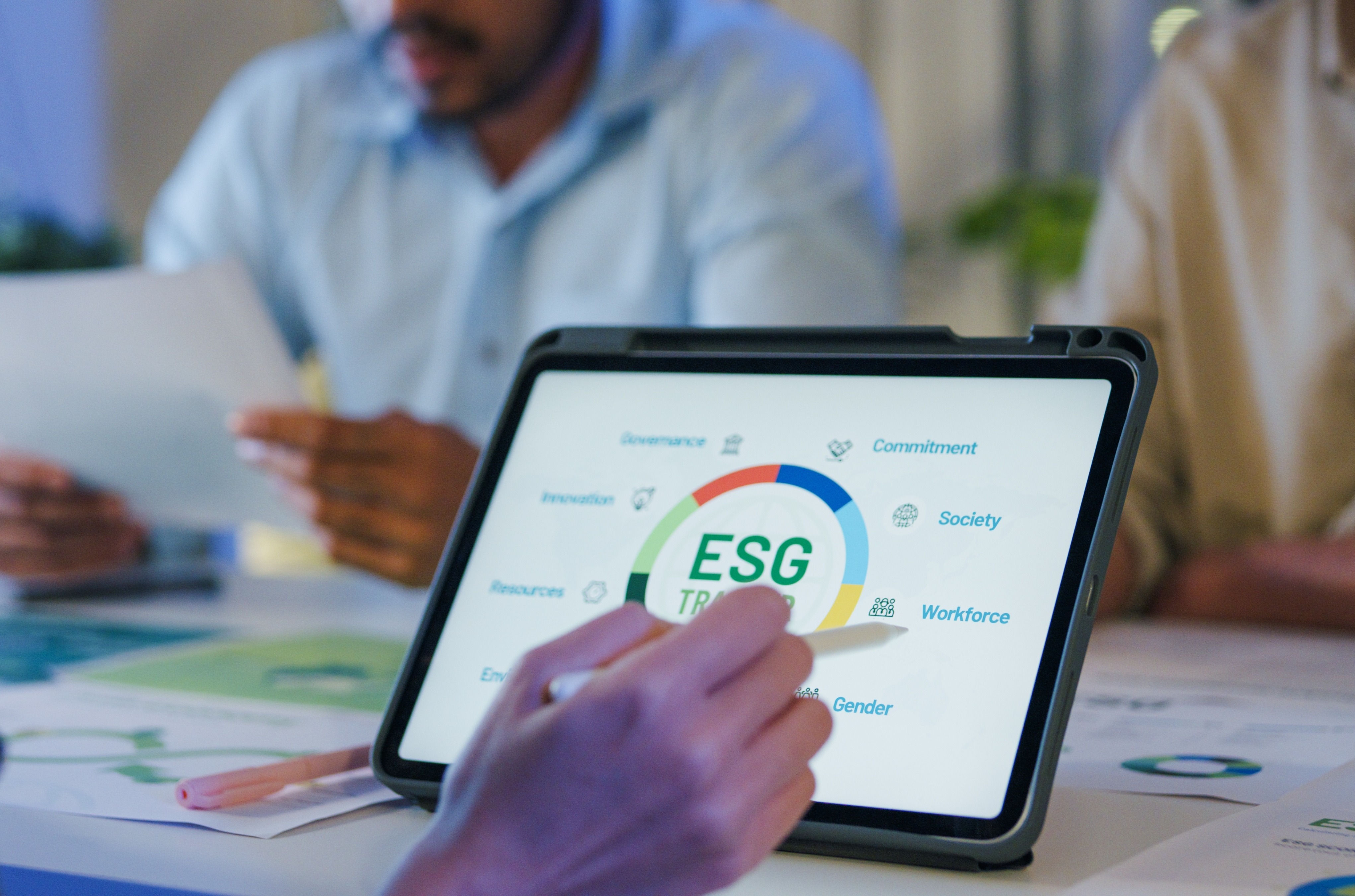Rising Importance of ESG in Korea's Food Industry

Sempio Foods, a leading Korean company renowned for its high-quality traditional seasonings and condiments, including soy sauce, gochujang, and sesame oil, has recently started strengthening its Environmental, Social, and Governance (ESG) management. The company joined the Green Ribbon Club as the first member through the ESG management foundation Giving Plus, reflecting its intention to expand its Corporate Social Responsibility (CSR) efforts.
Meanwhile, Seoul Dairy Cooperative has installed additional solar energy facilities in its production plants to reduce greenhouse gas emissions. OTOKI has implemented eco-packaging, attaching an ECO mark to products based on the recyclability of their packaging, and reduced greenhouse gas emissions by about 50%. These examples show that Korean food companies are putting considerable effort into ESG management.
Korean food companies are embracing ESG management as consumers increasingly value corporate social responsibility. According to a Korea Rural Economic Institute (KREI) survey, 61.4% of respondents believe that ESG management is necessary for food companies. Additionally, nine out of ten respondents indicate that they hesitate to purchase products from food companies with issues related to power harassment, supporting the need for stronger ESG management. This indicates that companies failing to engage in ESG management could face negative impacts on their sales and profits.
Figure 1. Survey Results on the Necessity of ESG Management in Food Companies
The Current State of ESG Management in Korean Food Companies
With support from the Financial Services Commission, three domestic ESG rating agencies— Korea Corporate Governance and Sustainability Institute (KCGS), Korea ESG Research Institute, and Sustinvest—evaluate the ESG performance of Korean companies. The most commonly cited ratings come from KCGS, which divides ratings into seven levels. (Figure 2).
Figure 2. ESG Rating System of KCGS
In 2023, none of the 18 major Korean food companies evaluated received an S or A+ rating. CJ CheilJedang and Orion received A ratings. Crown Confectionery and Haitai Confectionery & Foods, two companies under the Crown Haitai Holdings group, were rated C and D, respectively. Despite the low ESG ratings, the two companies under Crown Haitai Holdings are expected to improve, as they completed and began operating an eco-friendly snack factory focused on sustainability management in Apr-24. With a D rating, SPC Samlip also appears committed to improving its ESG activities, having published its first sustainability report in May-24.
Figure 3. 2023 ESG Ratings of 18 Korean Food Companies
Maeil Dairies earned an ESG rating of A in 2023, maintaining its high rating from 2022. The company has consistently worked towards ESG management, including donating milk to elderly people living alone in South Korea. It is also the only producer of special powdered milk for specific medical conditions. Looking at the company’s revenue trends, it increased by approximately 66.3% over 10 years, from KRW 1.07 trillion in 2012 to KRW 1.78 trillion in 2023.
OTOKI has been leading ESG management among food companies, publishing environmental reports since 2011, and establishing a dedicated ESG management team in 2015. OTOKI’s revenue in 2023 was approximately KRW 3.46 trillion, representing an increase of about 128% compared to KRW 1.52 trillion in 2012. The company is also actively engaged in ESG management activities related to the environment (E), such as expanding eco-friendly packaging and reducing ink usage.
Conclusion
ESG management is becoming increasingly important in the Korean food industry. Unlike in the past, where product quality was mostly important to drive purchases, consumers are now also highly influenced by companies' social activities. Food companies are engaging in sustainability management by publishing sustainability reports, participating in social contribution activities, and using eco-friendly packaging to appeal to consumers. Considering this situation, it is expected that interest in ESG management within the Korean food industry will continue to grow in the future. Accordingly, it is considered a good strategy for manufacturers looking to enter the Korean market to promote their products by emphasizing ESG.